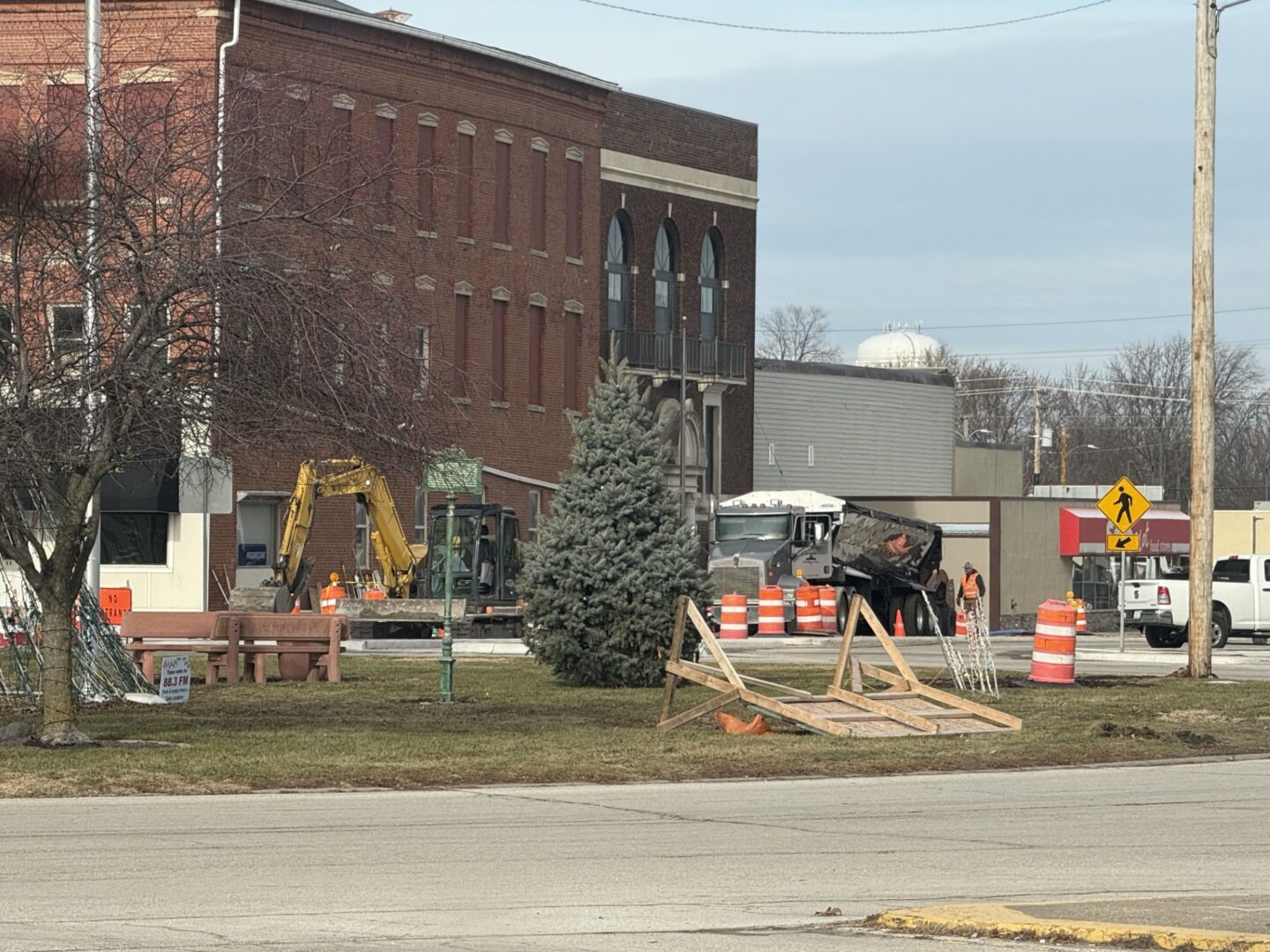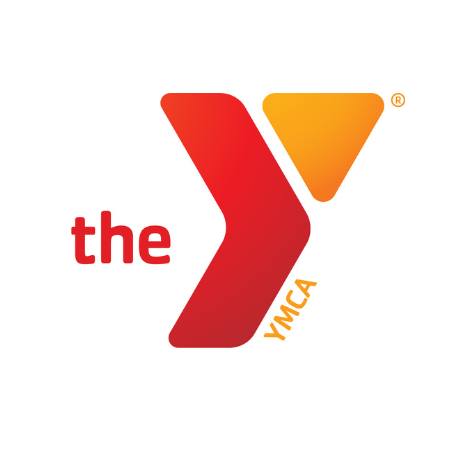To prepare for a likely surge of post-holiday Omicron COVID-19 cases and to prepare for a potential shortage of staffed ICU beds, Gov. JB Pritzker and the Illinois Health and Hospital Association are urging hospitals to take every possible measure to maintain and expand bed capacity, including postponing non-emergency surgeries and other procedures as needed and without risking patient harm.
The state and hospitals throughout Illinois are continuing to work in concert to prevent the state’s healthcare infrastructure from being overwhelmed by the ongoing Omicron variant surge of COVID-19 infections and hospitalizations. By working closely together over the course of this pandemic, this partnership has prevented Illinois from exceeding capacity, unlike other states.
Throughout Illinois, hospital admissions are rapidly increasing, further diminishing ICU bed capacity. Holiday gatherings are anticipated to drive an increase in the coming weeks, placing an additional strain on Illinois’ hospitals and healthcare workers.
In particular, hospitals should continue to follow the Illinois Department of Public Health’s guidance on when to consider postponing elective surgeries and procedures that physicians believe can be rescheduled without risking patient harm. Some hospitals have already delayed non-emergent procedures to increase capacity, and the Governor and hospital leaders urge all hospitals to take needed steps to ensure sufficient capacity in the coming weeks.
“We are preparing for a continuing post-holiday surge, and with hospital staff already working so hard, I appreciate the work hospital leadership is doing to assure capacity, including postponing non-emergency surgeries and procedures to ensure their ability to handle serious COVID cases and other emergencies without putting patients at risk,” said Governor JB Pritzker. “To all Illinoisans: please understand that the nation is experiencing high COVID transmission rates, and some surgeries in Illinois will be postponed. We’re asking our residents to temporarily hold off on important medical care like tonsillectomies, bariatric surgeries and hernia repair. As we work to keep ICU beds open, I continue to applaud the efforts of our hospitals and healthcare workers across the state, who have been heroes for us all.”
“We are currently seeing approximately 500 new admissions a day to Illinois hospitals due to COVID-19, and approximately 90% of those are unvaccinated,” said IDPH Director Dr. Ngozi Ezike. “There is a health care worker shortage in Illinois, in the U.S., and across the world. We’re seeing health care workers leave the profession because they are burnt out after watching people suffer severe illness and even death for almost two years now. We want to make sure that there is a hospital bed available for anyone for any reason – cancer complications, appendicitis, stroke, heart attack, car crash, or COVID-19. Please get vaccinated and get boosted, for all of us.”
With the Governor’s encouragement, hospital leaders continue implementing other strategies to further free up availability in Illinois hospitals. This includes utilizing telehealth technology, reallocating staff resources, and expanding ICU capacity. In an effort to increase staffing to ensure care is available, the Governor has already extended state waivers to allow out-of-state healthcare professionals to work in Illinois. The State of Illinois has invited hospitals to participate in its staffing contract so that they can bring in additional available staff when needed to ensure capacity to treat COVID-19 patients. The Governor also supports hospitals and healthcare facilities that choose to implement new Centers for Disease Control and Prevention guidance accelerating return-to-work timeframes. The Pritzker administration is also working with Illinois’ federal partners, seeking federal assistance to address healthcare staffing shortages.
However, healthcare experts emphasize that getting vaccinated, boosted and following recommended social distancing and masking guidelines remains critical.
“Hospitals continue to be on the front line of this fight, and are doing everything in their power to maintain access to healthcare for all patients. But we need your help. Wear a mask. Social distance. Avoid large gatherings. And please get vaccinated and boosted. Vaccination remains the best way to prevent severe illness, hospitalization and death,” said Karen Teitelbaum, President and CEO of Sinai Chicago Health System and Chair of the IHA Board of Trustees.
“I want to thank Governor Pritzker for his continued partnership and collaboration with the hospital community during this pandemic. The overwhelming majority of the 5,000 COVID patients currently in our hospitals are unvaccinated. Hospitals cannot end this pandemic on their own. They need the continuing help and support of the public,” said AJ Wilhelmi, President and CEO of the IHA. “The best way to support your hospitals is to get vaccinated.”
Ted Rogalski, Administrator at Genesis Medical Center in Aledo and incoming 2022 Chair of IHA’s Board of Trustees, appealed to the public.
“Healthcare workers need your help,” Rogalski said. “This pandemic has taken a mental and physical toll on those who see the worst side of this virus every day. They are exhausted, but still standing tall. Please support your community healthcare workers and all frontline responders by taking all precautions to prevent sickness.”
***Report Courtesy of the State of Illinois***















